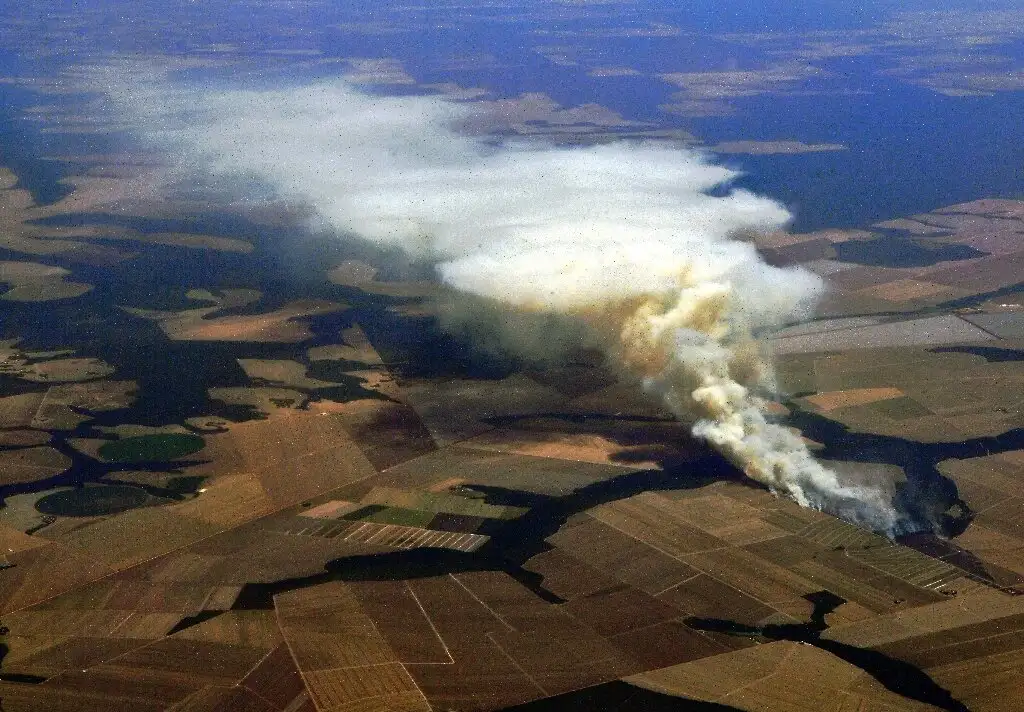Humanity’s rapid growth over recent decades has come at a “devastating cost to nature,” according to the Dasgupta Review, a wide-ranging, 600-page analysis commissioned by the British government. The report warns that without a major shift in how nations power economic growth, both nature and humanity face catastrophic consequences.
Led by Professor Partha Dasgupta of the University of Cambridge, the review draws on research from hundreds of academics worldwide. It highlights the alarming state of biodiversity and emphasises that all livelihoods depend on a healthy planet.
While global produced capital per person has doubled since 1992, natural capital—the measurable benefits derived from ecosystems—has fallen by 40 percent.
Biodiversity in Decline
The review finds species are going extinct up to 1,000 times faster than the historical average, undermining nature’s productivity and resilience. The International Union for Conservation of Nature (IUCN) confirmed 36 plant and animal extinctions in 2020 alone.
It also links biodiversity loss to human crises, citing the COVID-19 pandemic as an example of a disaster triggered by land-use changes and wildlife exploitation.
Renowned naturalist Sir David Attenborough, in the foreword, warns that natural systems are on the brink of collapse:
“We are totally dependent upon the natural world… But we are currently damaging it so profoundly that many of its natural systems are now on the verge of breakdown.”
Flaws in Economic Models
The report argues that traditional economic models—focusing on GDP—ignore the immense value of nature’s services. This omission has left conservation efforts chronically underfunded, while governments spend $4–6 trillion annually on activities that damage the environment, such as fossil fuel subsidies and harmful farming methods.
It urges governments to pay more for nature protection than for exploitation and to redefine economic wellbeing in a way that incorporates biodiversity. Achieving this, the review warns, will require global cooperation on the scale of the Marshall Plan.
Path to a Sustainable Future
Key recommendations include:
- Total decarbonisation of the global energy system.
- Sustainable resource management, with reduced consumption and waste in wealthier nations.
- Increased access to finance and education for women in developing regions.
- Economic policies that integrate the value of nature’s services.
Guy Poppy, Professor of Ecology at the University of Southampton, notes that climate change and COVID-19 both prove the need to link economics with the environment to secure future prosperity and health.
Nature’s Vital Role in the Economy
The review estimates that nature provides around $33 trillion worth of services annually—supplying 65 percent of the planet’s fresh water, 99 percent of human caloric intake, carbon absorption, shelter, and medicine. However, these systems are being pushed to the brink by urban expansion, deforestation, and industrial agriculture.
“Science shows us that nature is teetering on a knife-edge,” warns Jennifer Morris, CEO of The Nature Conservancy. “Future generations will judge us for how we respond.”






